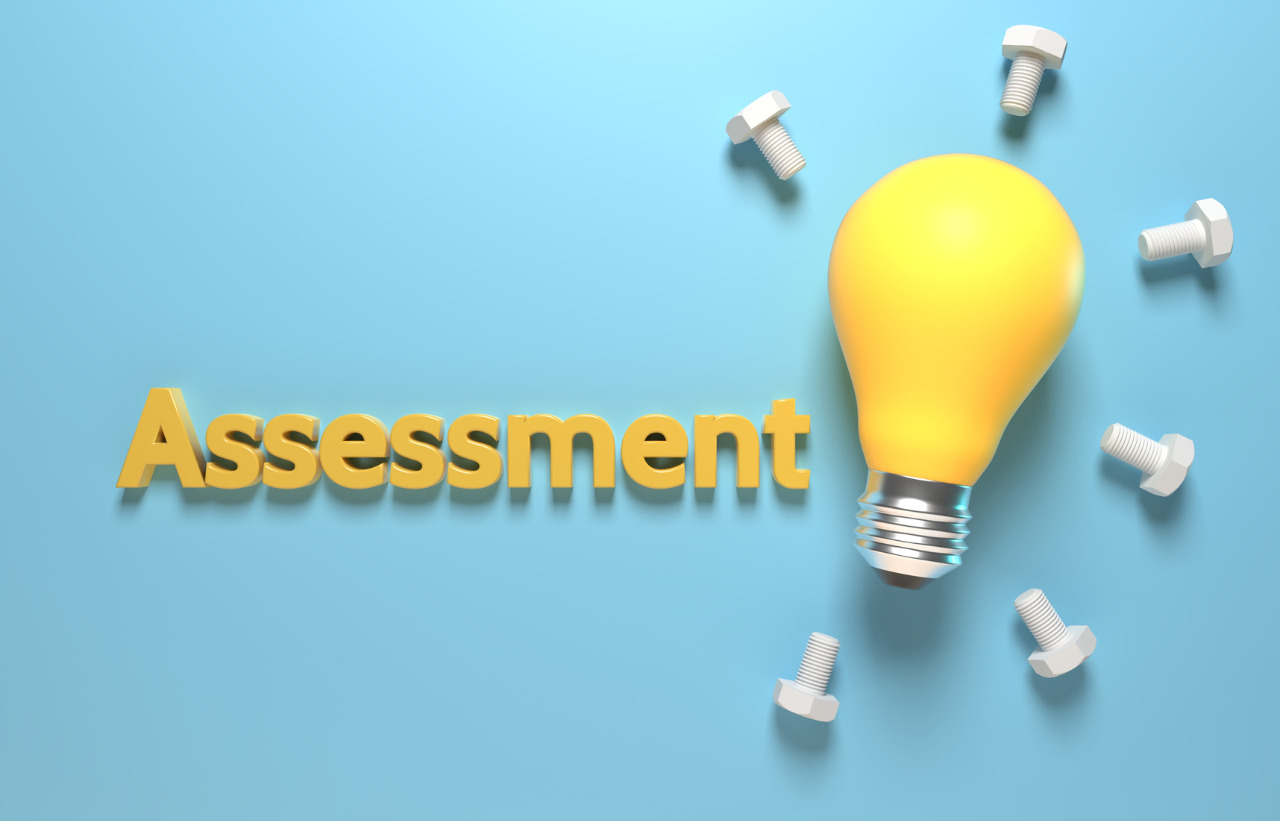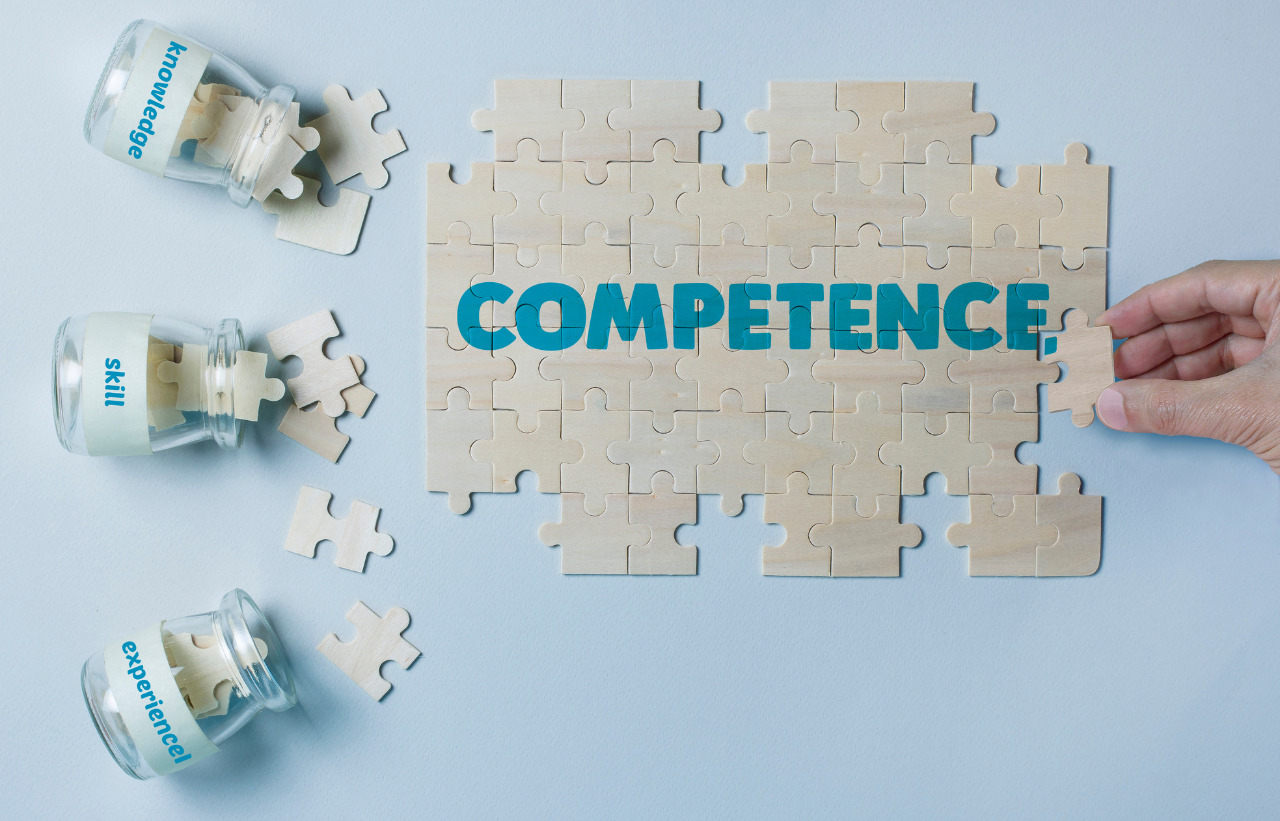Introduction
The education system in India has undergone significant changes in the past few decades. The focus of education has shifted from acquiring knowledge to developing skills that are necessary for the students to succeed in the real world. One such change that has been introduced is the implementation of competency-based assessments. Competency-based assessments are assessments that evaluate students based on their ability to apply their knowledge to real-world scenarios. In this essay, we will discuss the importance of competency-based assessments and why CBSE has increased the number of competency-based questions in board examinations. We will also discuss why students need to be exposed to more such questions to prepare for competency-based assessments.
Importance of Competency-Based Assessments
Competency-based assessments have become increasingly important in the education system as they help evaluate the students' abilities to apply their knowledge in real-world scenarios. Competency-based assessments are different from traditional assessments in that they focus on evaluating the students' skills rather than just their knowledge. The traditional assessments focus on evaluating the students' retention of knowledge, whereas competency-based assessments evaluate the students' ability to apply their knowledge in different situations.
The competency-based assessments help to identify the strengths and weaknesses of the students, which enables the teachers to provide personalized learning to the students. This helps to enhance the learning experience of the students as they receive individual attention from the teachers. The personalized learning also helps to motivate the students as they are able to see their progress and the areas where they need to improve.
The implementation of competency-based assessments also helps to reduce the rote learning culture. Rote learning is a learning technique that involves memorization without understanding. The traditional assessments, which focus on memorization, encourage the students to adopt rote learning techniques. This is not beneficial for the students as it does not help them develop critical thinking skills, which are necessary for succeeding in the real world.
Why CBSE has increased the number of Competency-Based Questions in Board Examinations
The decision to increase the percentage of competency-based questions in the board exams for classes X and XII in 2023 has been taken as part of NEP 2020. These questions will assess high order thinking skills (HOTS) among students and will discourage rote learning culture. The percentage of competency-based questions that would be asked in X board exams in 2023 has been increased from 30% to 40% and 20% to 30% for XII board exams. The long-term plan will be completed by 2025. This is part of examination reform initiative which will transform the classroom learning.
The aim of increasing the number of competency-based questions in board examinations is to evaluate the students' abilities to apply their knowledge in real-world scenarios. The traditional assessments, which focus on memorization, do not provide a true evaluation of the students' abilities. The competency-based assessments provide a more accurate evaluation of the students' abilities, which is necessary for their success in the real world.
The increase in the number of competency-based questions in board examinations also helps to reduce the rote learning culture. The traditional assessments, which focus on memorization, encourage the students to adopt rote learning techniques. This is not beneficial for the students as it does not help them develop critical thinking skills, which are necessary for succeeding in the real world. The competency-based assessments, on the other hand, encourage the students to apply their knowledge to real-world scenarios, which helps them develop critical thinking skills.
Preparing Students for Competency-Based Questions
Competency-based questions are becoming increasingly common in schools and job interviews. These questions are designed to assess a student’s knowledge, skills, and abilities, and evaluate how well they can apply their learning to real-world situations. Preparing for competency-based questions is crucial for students to demonstrate their skills and knowledge in an organised and structured manner.
The best way to prepare for competency-based questions is to practise by exposing oneself to more such questions. These questions focus on specific skills and competencies, and they require students to provide examples of how they have demonstrated these skills in the past. This means that students need to have a clear understanding of their own experiences and be able to articulate them effectively.
Exposure to more competency-based questions helps students in a number of ways. Firstly, it helps students to understand the structure of these questions and what type of responses are expected. Competency-based questions are usually open-ended and require a detailed response, so students need to be able to organise their thoughts and express themselves clearly. By practising with more of these questions, students can develop their ability to structure their responses in a logical and coherent manner.
Secondly, exposure to more competency-based questions can help students identify the specific skills and competencies that are being assessed. Each competency-based question is designed to test a specific skill or ability, and by practising with more questions, students can become more familiar with the different types of skills that are commonly assessed. This can help students to identify areas where they may need to improve their skills and focus their efforts on developing those areas.
Thirdly, exposure to more competency-based questions can help students to build their confidence. Competency-based questions can be challenging, and many students may feel anxious or uncertain when faced with these types of questions. However, by practicing with more questions, students can become more familiar with the format and the types of responses that are expected. This can help to build their confidence and reduce anxiety, allowing them to perform better when faced with these types of questions in real-life situations.
Lastly, exposure to more competency-based questions can help students to develop their critical thinking skills. These questions are designed to test a student’s ability to apply their learning to real-world situations and think creatively to solve problems. By practicing with more questions, students can develop their ability to think critically and creatively, which can be valuable skills in any academic or professional setting.
In conclusion, preparing for competency-based questions is essential for students to showcase their skills and knowledge in a structured and organized manner. Exposure to more competency-based questions can help students to understand the structure of these questions, identify the specific skills being assessed, build their confidence, and develop their critical thinking skills. Therefore, students must seek out opportunities to practice with more competency-based questions to improve their chances of success in school and beyond.




